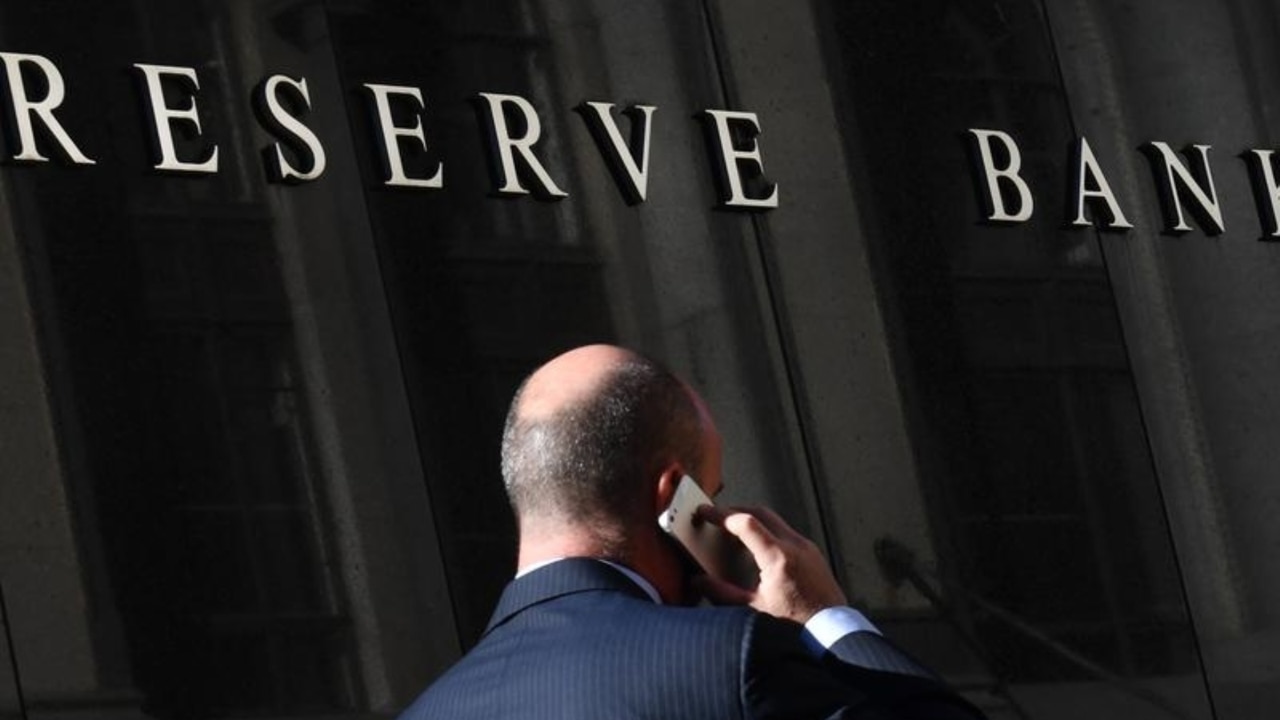Australian super funds shun domestic investment calls, hike offshore exposure
More of our retirement savings are being invested offshore as superannuation funds embrace currency risk for potential gains.

More of Australians retirement savings are being invested offshore, with most superannuation funds increasing their exposure to currency fluctuations as they embrace currency risk for potential gains.
About 48 per cent of superannuation assets are held offshore, compared to 41 per cent in 2019, as funds seek diversification benefits as well as attractive risk-adjusted returns, a new National Australia Bank survey shows.
Super funds have been wary of calls by the Albanese government to encourage superannuation funds to invest locally, particularly in infrastructure and affordable housing within Australia.
Instead, they are increasing their investments overseas and reducing hedges to take advantage of the cheap Australian dollar. That includes tying in £10bn ($19.5bn) into the United Kingdom for large-scale infrastructure and renewable energy in the next four years.

Due to the perceived limitations on the size and breadth of domestic investment opportunities and the expected increase in superannuation assets in coming years, the proportion of funds invested offshore is expected to rise even from here.
The majority of Australian super funds plan to maintain or increase their exposure to international investments over the next two years, according to the report, which surveyed 41 funds representing 85 per cent of the industry’s assets under management.
While 53 per cent of funds intend to keep their international allocation steady, 40 per cent of them plan to boost it further. Investments in infrastructure, energy translation and technology topped the list of preferred investments, while Japan and India emerged as key target regions alongside the US.
About 85 per cent of respondents invest in emerging markets, and those that do (35 funds) have on average 5 per cent of their assets invested in EM.
The survey also showed the average hedge ratio on international equity exposures was 30 per cent, down from 33 per cent in 2021.
“Both the heightened concerns about the health of the global economy and the outlook for growth assets have for the most part overridden the incentives to reduce currency exposure and increase hedge ratios,” the report said.
This, it said, is “to take advantage of the historically cheap levels of the AUD, given the perceived defensive qualities of running significant short AUD exposure.”
For Your Future, Your Super portfolios, the average target foreign currency exposure was 23 per cent, up from 21 per cent in 2021.
The survey also showed that the vast majority of funds (88 per cent) are making asset allocation decisions in order to reduce the probability of failing the government’s Your Future, Your Super performance test.
If a fund fails the test in any given year, it must inform its members. But if it fails for two consecutive years, the fund cannot accept new default members.
The test, a comparison to a legislated benchmark at the asset class level, is meant to judge the implementation of the fund’s strategy rather than whether the strategy itself.
But funds are increasingly aiming to align the performance of their portfolios with the benchmarks on which they are measured, according to the survey.
“As funds seek to monitor the risks of underperformance more closely, almost all funds said they are reviewing their performance either monthly (28 per cent) or quarterly (65 per cent),” the report said.
Interestingly, just 14 per cent of the funds planned to increase their international fixed income allocation, even when yields on Australian bonds have traded below US equivalents. This suggests that any further increase in the allocation to fixed income in coming years is likely to be confined to domestic bonds, according to the survey.




